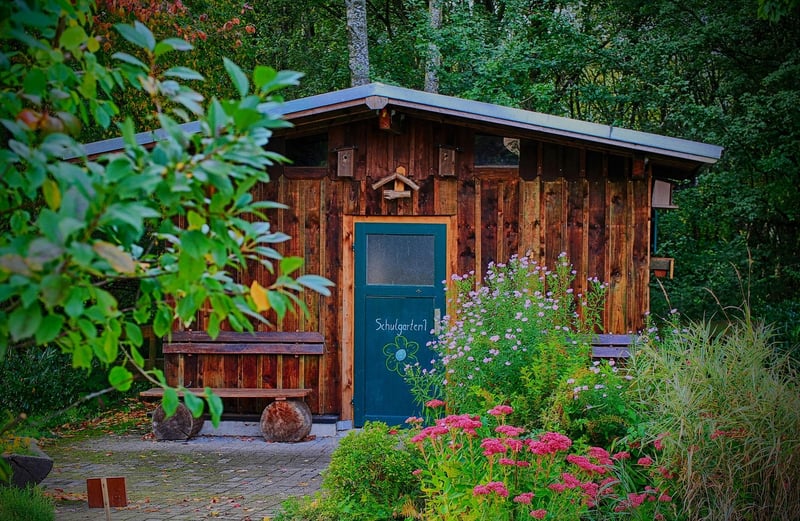Community gardens
Gardening in Urban Environments: Community Gardens
Urban environments often lack green spaces, but community gardens provide a solution by bringing nature into the city. These shared spaces not only beautify neighborhoods but also foster a sense of community, promote sustainability, and offer numerous benefits to both individuals and the environment.
Benefits of Community Gardens:
- Access to fresh, organic produce
- Opportunity for physical exercise and outdoor activity
- Enhanced mental well-being and stress relief
- Education on gardening, nutrition, and sustainable practices
- Promotion of social connections and community engagement
- Improvement of air quality and biodiversity in urban areas
Getting Involved:
Joining a community garden is easy and rewarding. Many cities have established community garden programs that welcome new members. Here are some steps to get involved:
- Research community gardens in your area
- Reach out to the garden organizers or local authorities
- Attend orientation sessions or gardening workshops
- Sign up for a plot and start gardening!
Community Garden Tips:
- Collaborate with fellow gardeners and share knowledge
- Use sustainable gardening practices like composting and water conservation
- Attend community events and workshops to learn new skills
- Engage children and youth to educate them about gardening and nature
Image Gallery:


Community gardens are not just about growing plants; they are about growing communities. By participating in a community garden, you can contribute to a greener, healthier, and more connected urban environment. Get your hands dirty, meet your neighbors, and reap the rewards of communal gardening!
Start your urban gardening journey today and make a difference in your community!
For more information on community gardens in your area, visit www.communitygardens.com.
